Introduction
The Christmas season, often a time of joy and celebration, can also be a challenging period for individuals in addiction recovery. The holidays bring social gatherings, traditions, and, frequently, the presence of alcohol or other substances that may act as triggers for those navigating a substance use disorder. For families and friends, providing support during this season is vital in helping loved ones maintain their sobriety and feel included in the festivities.
This article explores practical and compassionate ways to support a loved one in recovery during Christmas. It focuses on creating a safe and inclusive environment, understanding their needs, and celebrating in a way that respects their journey.
Strategies to Support a Loved One in Addiction Recovery During Christmas
Educate Yourself About Addiction
Understanding drug addiction and its complexities is the first step in providing meaningful support. Recognize that addiction is a chronic condition, not a lack of willpower. Familiarize yourself with the struggles of withdrawal, triggers, and the psychological challenges that accompany recovery.
How to Educate Yourself about Addiction:
- Read about substance use disorder and its impact on mental and physical health.
- Learn about the treatments offered by a drug addiction treatment centre, including therapy, counselling, and aftercare.
- Attend support groups like Al-Anon to gain insight into how families can help loved ones in recovery.
Plan Alcohol-Free Celebrations
One of the simplest yet most impactful ways to support a loved one in recovery is to create an alcohol-free environment. Alcohol is often central to holiday celebrations, but its presence can be a significant trigger for individuals recovering from drug addiction or alcohol dependence.
Tips for Alcohol-Free Celebrations:
- Serve non-alcoholic champagne or mocktails to maintain the festive atmosphere without risking triggers.
- Let your guests know that the gathering will be alcohol-free, and explain the importance of this choice.
- Encourage games, music, or other activities that shift the focus away from drinking.
Encourage Open Communication
Open and nonjudgmental communication can make a difference for someone in recovery. The holidays can be overwhelming, so creating a space where your loved one feels heard and supported is essential.
How to Foster Open Communication:
- Check-in with your loved one about their feelings and boundaries regarding holiday events.
- Reassure them they can be honest about their concerns without fear of judgment.
- Offer to adjust plans to accommodate their needs, such as attending fewer gatherings or leaving early if they feel overwhelmed.
Recognize Their Efforts and Progress
The Christmas season is a great time to acknowledge and celebrate your loved one's progress in recovery. Highlighting their achievements can boost their confidence and reinforce their commitment to sobriety.
Ways to Celebrate their De-addiction Efforts & Progress:
- Write a heartfelt card or letter expressing your pride in their strength and dedication to recovery.
- Plan a particular activity together, such as a hike or a holiday movie night, to create positive memories.
- If appropriate, commemorate their sobriety milestones with a thoughtful, non-triggering gift.
Be Mindful of Triggers
Holiday stress, family dynamics, and social settings can be triggering for someone recovering from substance use disorder. Awareness of potential triggers and taking proactive steps to minimize them is crucial.
How to Reduce Substance Abuse Triggers:
- Avoid discussions about past substance use unless your loved one initiates it.
- Limit exposure to individuals who may encourage or engage in substance use.
- Provide an escape plan, such as a quiet space where they can take a break if the environment becomes overwhelming.
Offer Practical Support
Addiction recovery is not just about abstaining from substances; it involves rebuilding various aspects of life. Practical support during the holidays can help your loved one feel valued and supported.
Examples of Practical Support:
- Please encourage them to attend therapy sessions or meetings during the holiday season to help them stick to their treatment plan.
- If they are connected to a drug addiction treatment centre, remind them of the importance of ongoing aftercare and support.
- Offer assistance with holiday tasks, such as shopping or decorating, to reduce their stress levels.
Model Healthy Behaviors
Your actions can set an example for your loved one. You can inspire and encourage them to recover by modelling healthy coping mechanisms and stress management strategies.
Healthy Behaviors to Practice:
- Demonstrate self-care by prioritizing rest, nutrition, and exercise during the holidays.
- Handle stress constructively by practising mindfulness or deep breathing exercises.
- Show that it's possible to have fun and celebrate without the use of substances.
Include Them in Holiday Traditions
Feeling excluded can exacerbate feelings of isolation and make recovery more challenging. Including your loved one in holiday traditions helps them feel connected and appreciated.
Tips for Inclusive Celebrations:
- Invite them to help with decorating, cooking, or other holiday preparations.
- Create new, sober-friendly traditions that everyone can enjoy together.
- Let them know how much their presence means to you and the family.
Be Prepared for Emotional Ups and Downs
Recovery is not linear; the holiday season can bring up complex emotions for your loved one. They may feel nostalgic, anxious, or even frustrated during this time.
How to Handle Emotional Challenges during Addiction Recovery:
- Be patient and understanding if they experience mood swings or moments of vulnerability.
- Encourage them to use coping strategies they've learned during treatment.
- Remind them that it's okay to seek professional help from a drug addiction treatment centre if needed.
Know When to Step Back
While your support is invaluable, it's essential to recognize that your loved one's recovery journey is ultimately their responsibility. Avoid overstepping boundaries or taking on more than you can handle.
How to Respect Boundaries during deaddiction process:
- Offer support without being intrusive or controlling.
- Trust their ability to make decisions about their recovery.
- Focus on providing encouragement rather than trying to "fix" their situation.
Conclusion
Supporting a loved one in addiction recovery during Christmas requires compassion, understanding, and thoughtful planning. By creating an alcohol-free environment, fostering open communication, and celebrating their progress, you can help them navigate the holiday season successfully. Incorporating alternatives like non-alcoholic champagne and encouraging their continued connection to a drug addiction treatment centre are simple yet impactful ways to show your support.
Remember, recovery is a journey; your supportive friend or family member role can make a significant difference. By being mindful of their needs and prioritizing their well-being, you can help make this Christmas a positive and memorable milestone in their sobriety journey.
How Can Samarpan Help?
At Samarpan, we recognize the unique challenges and opportunities the holiday season, including Christmas, brings when supporting a loved one in their addiction recovery journey. Our comprehensive drug rehabilitation and de-addiction therapy programs are designed to help families and individuals navigate this time with compassion and understanding. We emphasize mental health awareness to educate families about the impact of addiction, substance withdrawal symptoms, and the importance of creating a supportive environment during recovery. Our drug recovery centre offers guidance on effective communication, setting healthy boundaries, and fostering a positive atmosphere for your loved ones. For individuals dealing with alcohol dependency, we provide specialized alcohol detoxification services, along with alcohol withdrawal relief programs to manage alcohol withdrawal symptoms safely.





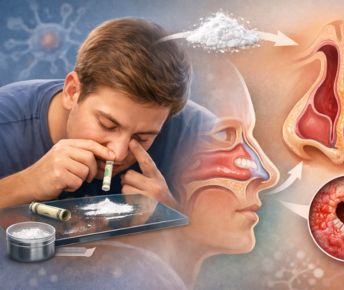
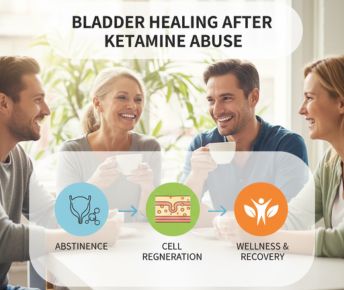

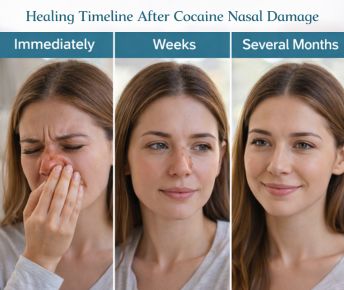









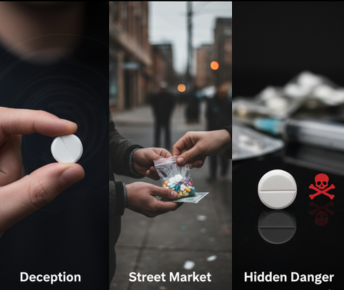

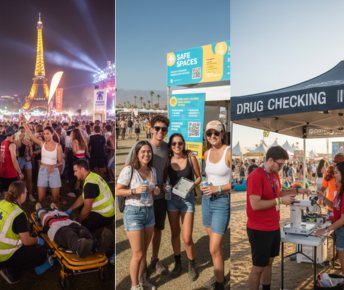

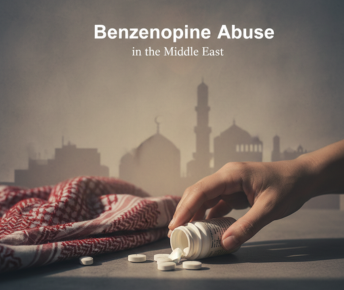
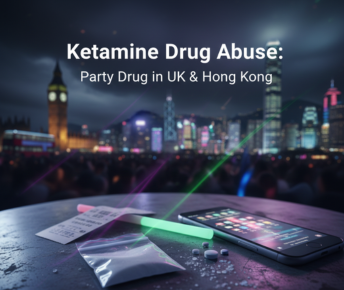
 Yes, many offer serene environments and solid therapeutic frameworks. However, quality varies, so it’s essential to research accreditation, staff credentials, and therapeutic depth.
Yes, many offer serene environments and solid therapeutic frameworks. However, quality varies, so it’s essential to research accreditation, staff credentials, and therapeutic depth.




